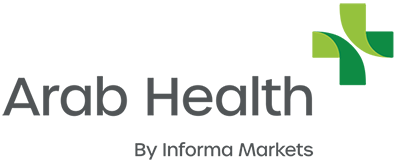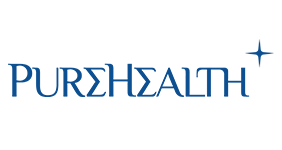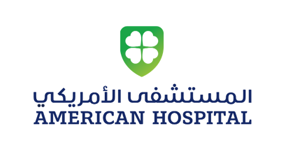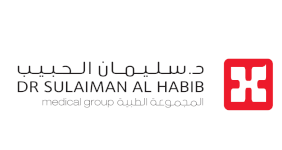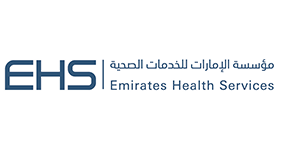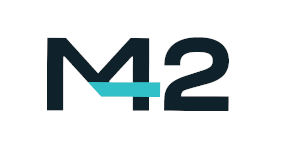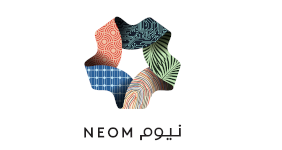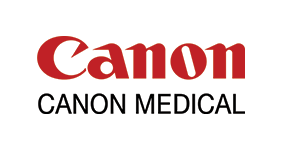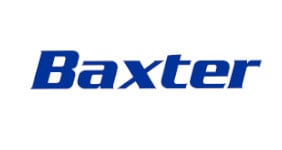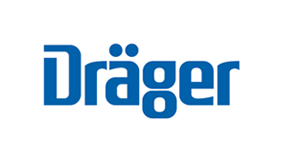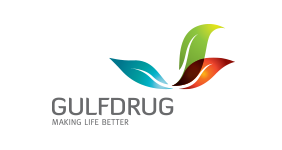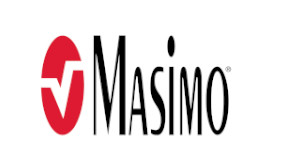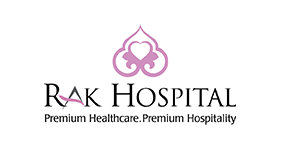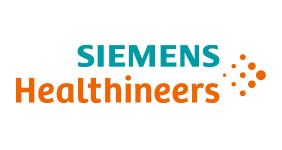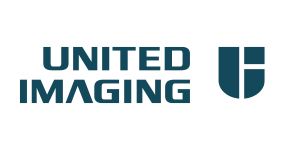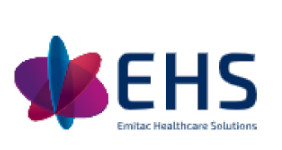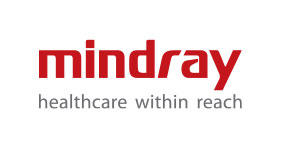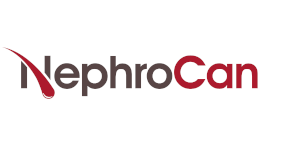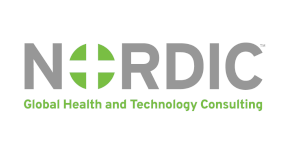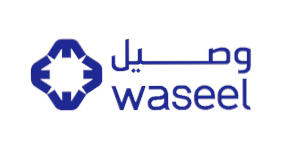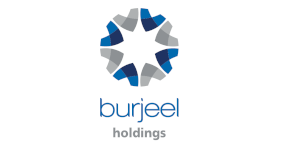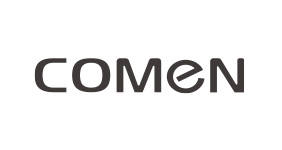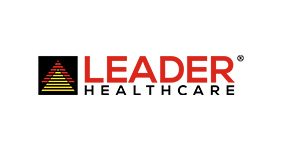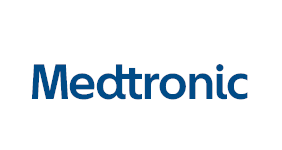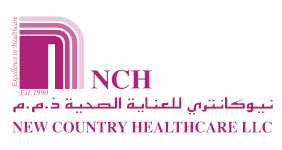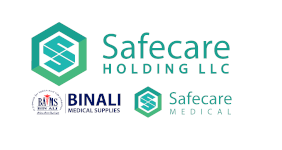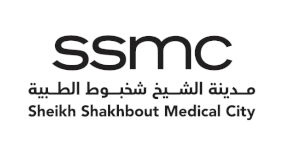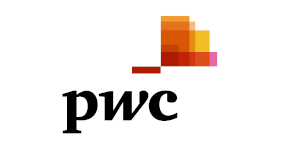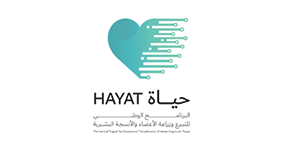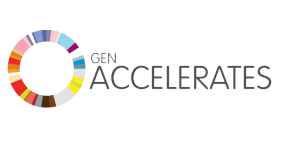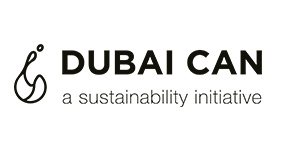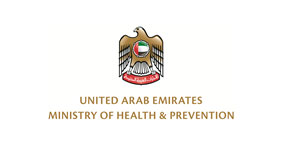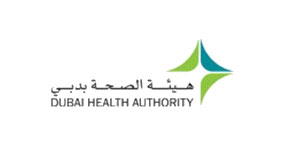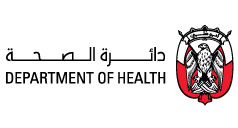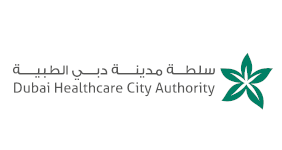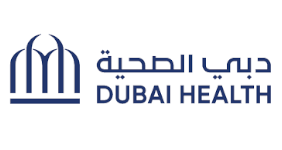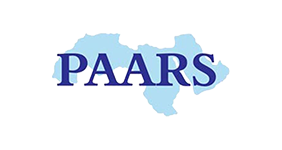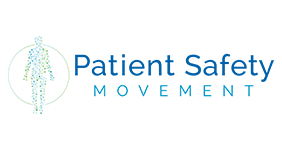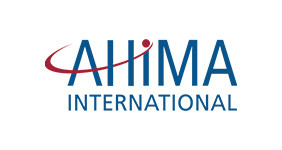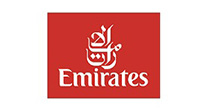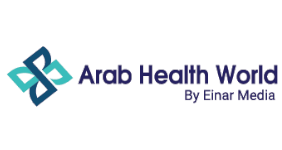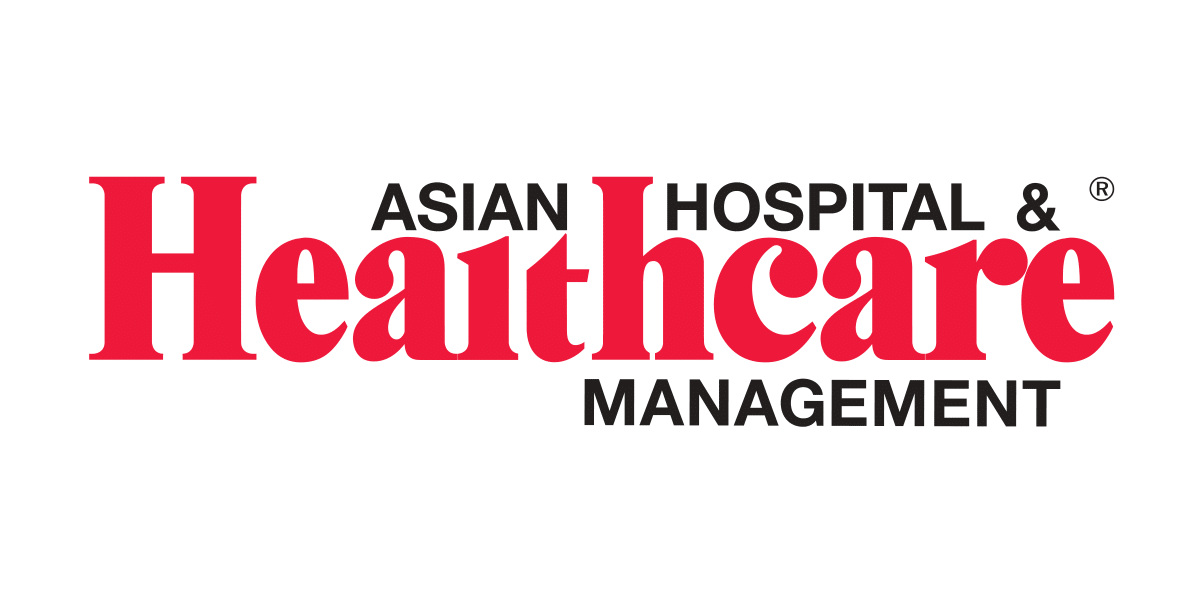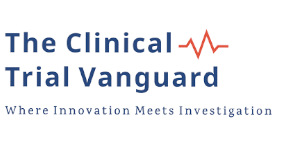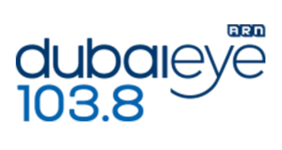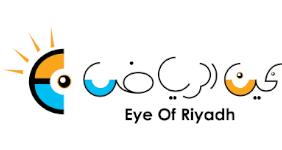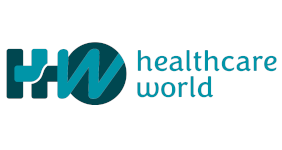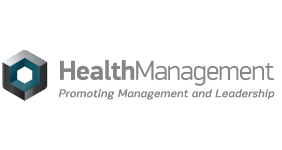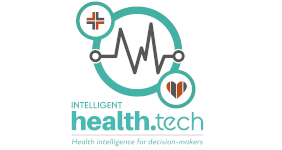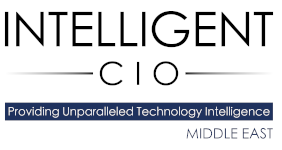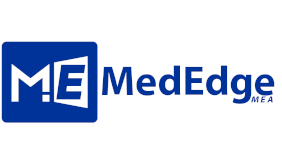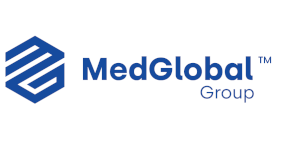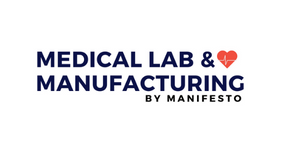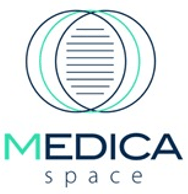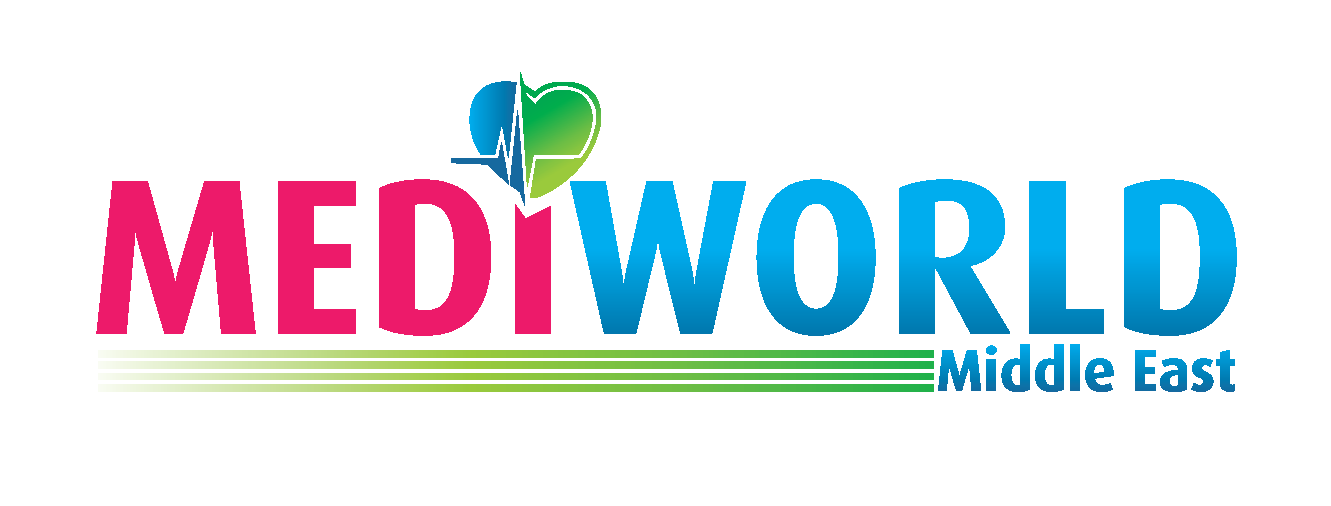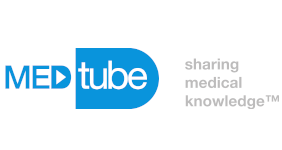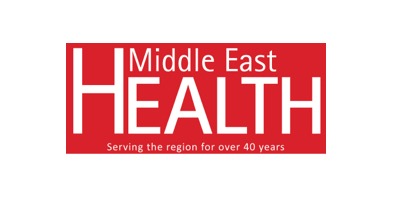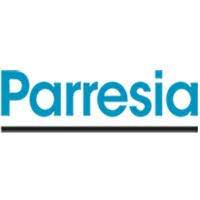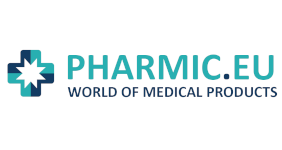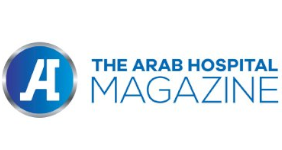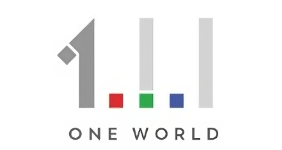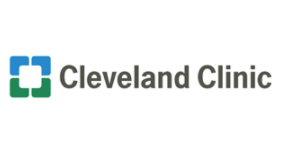US and UK experts discussed the future of digital health at a virtual talk, The Benefits of the Rise in Technology Applications in Patient-Centric Care.
From clinical applications in medical imaging to non-clinical uses such as transcription, Artificial Intelligence (AI) in
healthcare is the future. However, despite the technology’s benefits, half of the
healthcare workers in the Middle East believe AI applications are easy enough
to adopt, suggesting an opportunity for improvement.
To uncover attitudes on medical imaging AI among medical imaging professionals across the world, research and advisory group Omdia developed a questionnaire in
June 2022 in collaboration with the British Medical Ultrasound Society.
Through the survey, healthcare professionals in the Middle East identified AI’s biggest potential as speeding up workflows — ahead of other benefits including reduced medical costs and more accurate diagnoses. Radiologists were mostly in favour among the surveyed health workers in the region, with 57 per cent strongly agreeing
that AI could quicken workflows.
Indeed, at Arab Health 2022 Congress, Erik Van Hoeymissen, Global Business Development Director Clinician Solutions, 3M, Dubai, highlighted how AI removes significant administrative burdens, adding that it is all about “bringing empathy between doctors and patients. If we can only add a few minutes to bring that to the consultation, the outcome would be great.”
Similarly, Charlotte Graungaard Falkvard, President-Elect, European Federation of Radiographer Societies, speaking at Arab Health described how AI adoption can improve the patient experience. “Technology provides the foundation for us: humanism doesn’t mean anything if we don’t have the technology. They complement each other.”
How training and testing can improve AI adoption
Despite their optimism, 54 per cent of Middle East respondents to the Omdia survey agreed and strongly agreed that it will be sufficiently “easy” for them to adopt AI
applications, higher than the worldwide average but still leaving room to grow.
Published in the midst of the Covid pandemic, a 2021 survey by Omnia Health of 1,600 respondents worldwide, "Voice of the Healthcare Industry Market Outlook," showed AI as a major training opportunity for healthcare professionals, with 21 per cent of respondents naming it a primary learning objective over the next 12 months, second in importance behind digital marketing.
Additionally, a May 2022 report from NHS AI Lab and Health Education England, found that “education and training will be essential to improve related knowledge and skills to avoid healthcare workers having inappropriately low or high confidence in AI.”
One person who has a keen understanding of training needs and opportunities in the Middle East is Brian de Francesca, Director of Operations for the Hamdan Bin Rashid Charity Cancer Hospital, which is being created by the Al Jalila Foundation in the UAE.
de Francesca also teaches "AI in Healthcare" to healthcare professionals at The Gulf University for Science and Technology in Kuwait, as part of the GUST Healthcare Mini-MBA for healthcare professionals.
In his view, “most AI in healthcare discussions get stalled around the possible use of AI models for X-rays, pathological and dermatological images, all of which are viable but subject to regulatory approval and need to be reimbursed for. There is not enough focus on ‘non-clinical’ AI models, of which there are many, that are not subject to stringent regulations nor payer reimbursements. It is best to take your first steps into the world of AI by testing a few non-clinical AI applications and then explore clinical AI applications once the regulators and payers are up to speed.
For ‘clinical AI’ to become viable, it is imperative that both regulators and payers be brought into the conversation — as there will be little use if it is not reimbursed, and it will not be reimbursed if regulators do not approve it for use.”
...Find out more Omniahealth.com.
